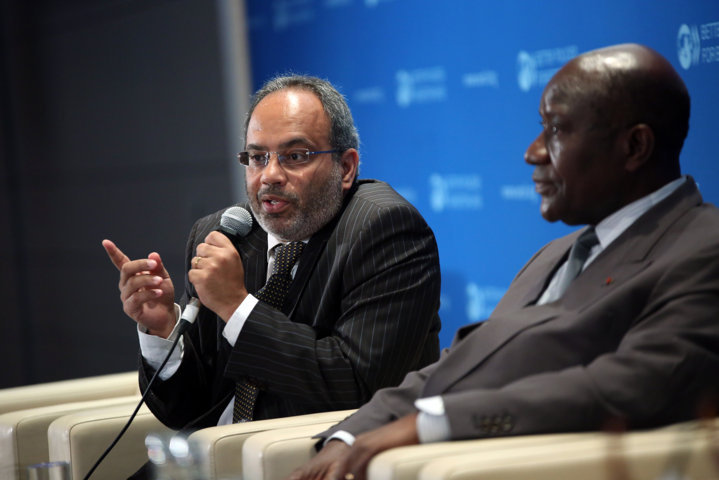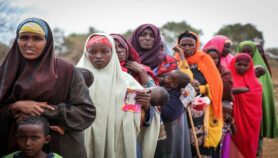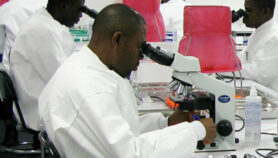By: Gilbert Nakweya
Send to a friend
The details you provide on this page will not be used to send unsolicited email, and will not be sold to a 3rd party. See privacy policy.
[ADDIS ABABA] Science, technology and innovation (STI) policies play a crucial role in Africa’s economic transformation but existing gaps in their implementation prevent the continent from reaping maximum benefit from them, a conference has heard.
Researchers and policymakers who attended the 9th Annual African Economic Conference last month (1-3 November) in Addis Ababa, Ethiopia, said lack of skills for implementing STI is a major drawback in Africa.
“African countries are aware of the role of knowledge and innovation in development but still lag behind because of gaps in technology adoption.”
Adam Elhiraika, UN Economic Commission for Africa (ECA)
Adam Elhiraika, director, microeconomic policy division of the UN Economic Commission for Africa (ECA), told delegates: “African countries are aware of the role of knowledge and innovation in development but still lag behind because of gaps in technology adoption.”
Elhiraika added that Africa needs to address the skill and innovation gaps to effectively tackle the challenges facing competitive growth.
Carlos Lopes, the ECA executive secretary, said technologies and innovations exist in Africa but they need to be scaled up, Kenya’s mobile banking technology — M-Pesa.
“These innovations bode well for the future. However, supplemental work is still required to speed up the pace of creation as well as the absorption rate of new technologies and spread it to all sectors of our economies,” said Lopes.
“We need technology- and innovation- oriented education to help young people identify and exploit opportunities for development.”
The experts identified the Ebola crises in Guinea, Liberia and Sierra Leone as evident that the continent needs to build capacity in the health sector, especially in disaster preparedness.
Nkosazana Dlamini-Zuma, the African Union Commission chairperson, appealed for more investment in a skilled workforce in all sectors of the economy across the continent. “We need to invest in human resources in order to make significant use of other natural resources,” Dlamini-Zuma said.
Ethiopia’s minister of science and technology, Demitu Hambisa, noted that STI contribute to food security, public health and environmental conservation in Africa and urged policymakers to focus on technology transfer and enhance the capacity of scientific research institutions.
“Science should be put at the centre of all policy discussions as it contributes to the growth of all sectors of the economy,” Hambisa added.
Steve Kayizzi-Mugerwa, acting chief economist and vice-president of African Development Bank (AfDB), told SciDev.Net: “Technologies are available [in Africa], and more are being developed but our implementation capacity has been a major problem.”
The conference was jointly organised by ECA, AfDB and the United Nations Development Programme.
This article has been produced by SciDev.Net's Sub-Saharan Africa desk.














